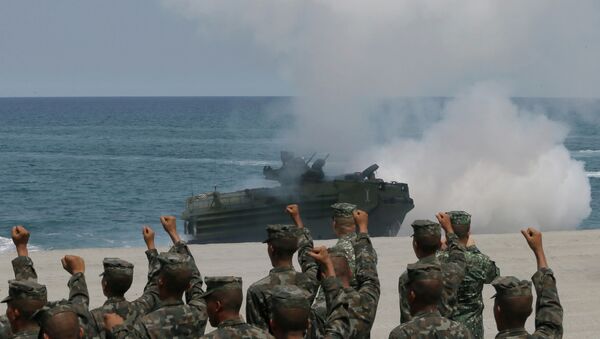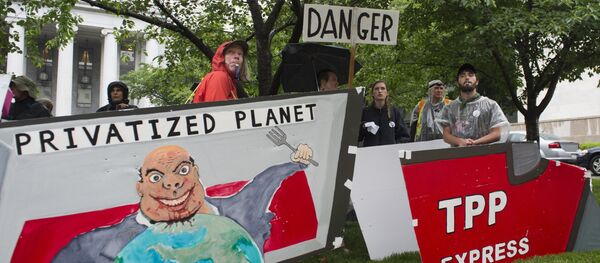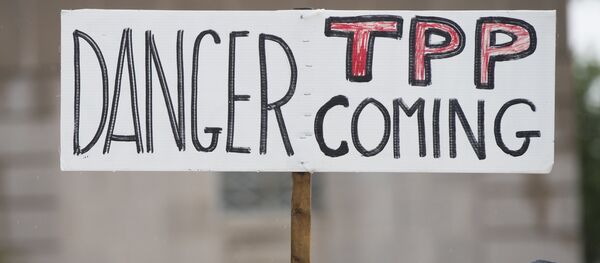Currently, a free trade deal is being negotiated by trade ministers from the Pacific Rim countries — the United States, Japan, Australia, Singapore, New Zealand, Chile, Brunei, Canada, Malaysia, Mexico, Peru and Vietnam. The agreement seems to be in trouble, as the ministers have yet to come with a working agreement, putting negotiations in danger of collapse.
According to the Diplomat, this is bad news for the Asia-Pacific, especially considering that the region is going through territorial disputes across the South China Sea, increased tensions between China and Japan, China and Taiwan, as well as a potentially dangerous situation on the Korean peninsula.
A TTP failure would also cause a number of problems for the United States in the region.
Secondly and most importantly, failure of the TTP would send a strong message to US allies in the region that Washington is no longer willing to be the leader in the region. As a result, a new scramble for political hegemony in the Asia-Pacific will start between other powerful players, such as China and Japan, which will try to fill in the political void left by the United States, the Diplomat said.
The new balance of power is the last thing the US needs in the Pacific Rim right now, as it might lead to hasty decisions that could lead to the escalation of already existing conflicts in the region, the magazine argued.
And lastly, by abandoning the TTP, the United States will lose out on economic benefits from the agreement. Economic gains from the TTP would equal to $59 billion per year by 2020, an analysis from the Peterson Institute said.
There are also significant concerns over the lack of transparency of negotiations, with highly secretive talks between world leaders held behind closed doors.
This has lead to more concern from the public, who are worried that any such agreement would merely benefit predominantly American multinational corporations and lead to a reduction in the quality of services around the world.






